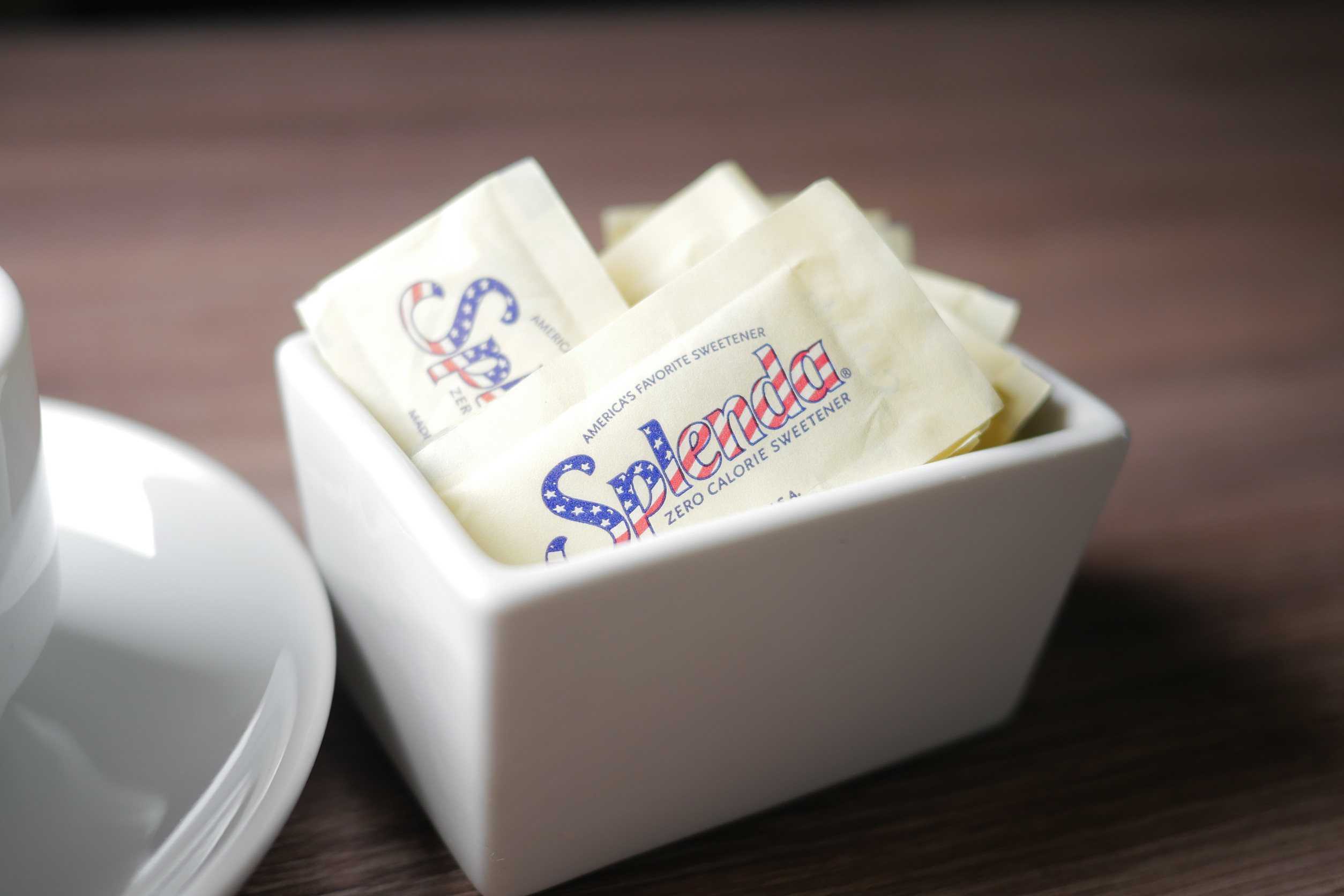
You switched to sugar-free sodas, “no added sugar” snacks, or tabletop sweeteners, thinking you were making a healthier choice. What if I told you some of those very sugar substitutes might be quietly increasing your risk of stroke? Emerging research is raising red flags about how certain sugar substitute compounds affect your blood vessels, clotting, and vascular health. If you’re trying to manage weight, blood sugar, or just reduce calories, you deserve the full picture, not sugar-coated claims. Below are five widely used sugar substitutes that scientists are scrutinizing for possible links to stroke risk, along with tips on how to enjoy a sweeter life more safely.
1. Erythritol
Erythritol has long been hailed as one of the safer sugar alcohols, popular in keto and “sugar-free” products thanks to its negligible effect on blood glucose. But new lab studies show that even moderate amounts may damage brain blood vessel cells, reduce nitric oxide (a vasodilator), and promote clotting. Epidemiological data also link higher circulating erythritol levels to increased risk of stroke and heart attack. While more human clinical trials are needed, this sweetener is now under serious scientific scrutiny. For now, using it sparingly (or swapping it out entirely) makes sense if you’re watching your vascular health.
2. Xylitol
Often marketed as “tooth-friendly” and used in gum, mints, and sugar-free products, xylitol seems harmless. But recent research indicates that elevated levels of xylitol in blood may be tied to greater risks of cardiovascular events, including stroke. Lab tests show xylitol can encourage platelet activity and clot formation, two mechanisms linked with stroke. Unlike erythritol, xylitol hasn’t been studied as extensively for vascular damage, but its emerging risks deserve attention. If you depend on xylitol-based products, consider alternating them with safer, more natural sweeteners.
3. Sucralose
Sucralose (brand name Splenda, among others) is a non-nutritive sweetener widely used because it passes through the body largely undigested. Some observational studies of artificially sweetened beverage consumption (often including sucralose as one component) show associations with elevated stroke risk. The challenge is that many studies don’t isolate which sweetener is to blame, so causality is uncertain. Still, for anyone already vulnerable to vascular disease, using sucralose in moderation rather than habitually might be wiser. The lesson: don’t assume “zero calories” means “zero risk.”
4. Aspartame
Aspartame (found in Equal, NutraSweet, diet sodas, etc.) has a long, controversial history in health debates. Though most regulatory agencies consider aspartame safe within limits, some observational studies and reviews have raised concerns about its metabolic effects and vascular implications. Because much of the evidence is mixed and confounded (such as heavier users of diet products having underlying risk), it’s hard to draw a firm link with stroke. But for those with high vascular risk, limiting aspartame intake may be prudent until more conclusive human clinical trials emerge. In short: don’t treat aspartame as a free pass.
5. Acesulfame Potassium (Ace-K) & Blended Artificial Sweeteners
Acesulfame potassium (Ace-K) is often used together with other artificial sweeteners (sucralose, aspartame) to mask aftertaste. Because it’s frequently combined in blends, isolating its specific effects is tricky. Some long-term observational data of artificially sweetened beverage intake suggest an overall elevated stroke risk, possibly implicating blends like Ace-K. While robust experimental data for Ace-K alone are sparse, relying on mixtures of synthetic sweeteners intensifies uncertainty. When you see “artificial sweetener blend” on a label, you’re wading into a scientific gray zone. Moderation is safer.
How to Sweeten Without Sweetening Risk
Switching to sugar substitutes doesn’t have to be risky. First, reduce your overall sweet preference. Train your palate to enjoy less sweetness over time. Use natural options like small amounts of honey, maple syrup, or fruit purée (which have their own tradeoffs, but at least aren’t under the same emerging vascular concerns). When using sugar substitutes, choose ones with more supportive evidence (like stevia) and avoid relying heavily on sugar alcohols or artificial sweeteners. Monitor your consumption, read labels carefully (especially “zero-sugar” and “keto-friendly” products), and talk to your doctor if you have a stroke or vascular risk. Finally, focus on a whole-food diet where less added sweetness is needed in the first place.
What Your Sweetener Choice Might Be Telling Your Arteries
These sugar substitute warnings don’t mean you must swear off all sweetness forever, but they signal it’s time to think critically, not blindly follow marketing. Erythritol and xylitol in particular already have lab and epidemiological red flags, and artificial sweeteners more broadly show associations (though not proven causation) with stroke risk via vascular changes. Your choice of sweetener may reveal how much value you place on long-term vascular health. Taking a cautious, informed approach helps you stay sweet, without leaving your arteries behind.
Which sugar substitute do you use most often, and would you consider swapping it after reading this? Share your experience or plan in the comments below!
What to Read Next
- 6 Innocent Drinks That Quietly Raise Stroke Risk in Men Over 40
- 12 Stroke Warning Signs You’re Overlooking That Could Save Your Life
- Why Do Men Ignore the First Signs of a Heart Attack?
- Your Pre-Workout Drinks May Be Destroying Your Heart: 7 Clues You Shouldn’t Be Drinking Them
- 10 Everyday Habits at Home That Quietly Ruin a Man’s Health
The post 5 Popular Sugar Substitutes That Could Secretly Raise Your Stroke Risk appeared first on Clever Dude Personal Finance & Money.







